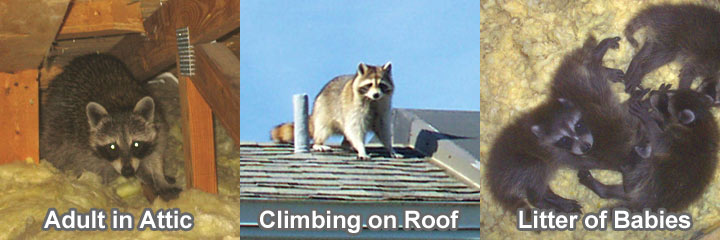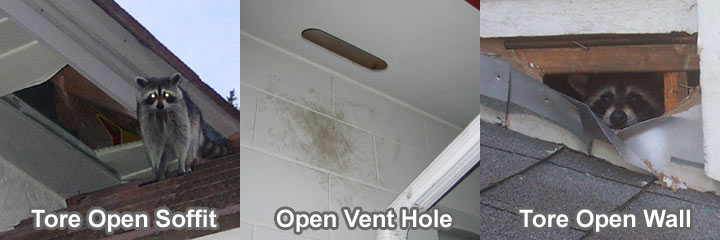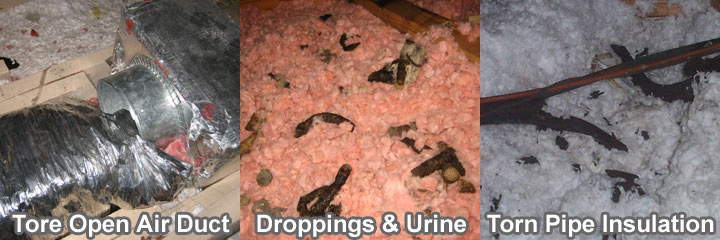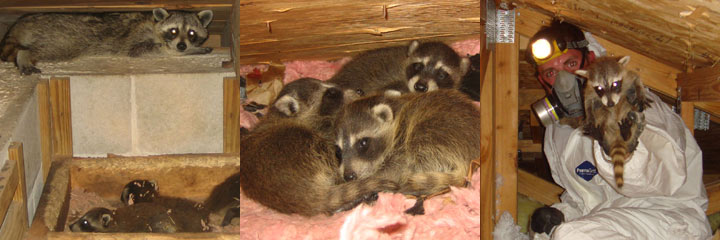24/7 Cell Phone: 858-257-3420




Escondido California Raccoon Control Situation: Raccoons, like other mammals, express similar symptoms as dogs, cats and human when they fall sick. The most fatal diseases that affect raccoons are rabies and distemper. There are two kinds of distemper, a canine distemper and a feline distemper. Distemper is raccoons rises during the fall season.
Symptoms in raccoons don't appear immediately. But they might be hosting the infections inside their bodies. Care and preventive measures should be taken around raccoons, especially when living close to their habitat. If you find a raccoon near your premises, don't try to remove it yourself. Contact a professional instead, they have tools available to get rid of raccoons and their waste safely.
The most common disease that raccoons may be carrying is rabies. Rabid raccoons will display disorientation or slowness. They might stagger and stumble when moving or walk in circles. In some cases, the hind legs of the raccoons are paralyzed. Infected raccoons can appear aggressive too or show no fear for humans at all. The most evident symptoms of rabies are foaming around the mouth, sensitivity to light and noise. Rabies infection can be easily treated in humans as long as the vaccination is given immediately after exposure to an infected animal.
Distemper is another disease plaguing raccoons. Young ones are more susceptible to this illness. Raccoons suffering with distemper might come close to people or sleep in open areas close to human dwellings. Canine distemper affects animals that form part of the canine family. The disease affects several organs such as respiratory, neural and gastrointestinal systems. The disease normally leads to fatality. If the host survives, there is a chance of permanent nervous damage. Some symptoms of distemper are similar to rabies such as disorientation or slow movement, lack of human fear and aggressive behavior if threatened. In some cases, raccoons become blind or go in a state of confusion. The infected animal might also exhibit mucus around the eyes and nose, in addition to coughing, vomiting, seizures and diarrhea. The ill raccoon might not display all the symptoms, and at a distance, might seem to be normal. Dogs not vaccinated for distemper can easily catch the infection especially if they come in contact with a sick raccoon.
Feline Distemper is also an illness found in raccoons. It does not affect the nervous system but can cause death in some cases. Symptoms of this disease include loss of appetite, vomiting, foaming mouth, diarrhea and slowness in raccoons. Unlike rabies virus which cannot survive outside its host, Canine and Feline Distemper can survive without a host for some time. Distemper infections can also occur though physical touch of the animal even if it doesn't bite or scratch. Canine distemper is more contagious since it can be transmitted through inhaled air near the infected animal or its feces. Any raccoons which appears to be sick or exhibit the symptoms described should be reported to the concerned authorities so they can take the animal into habilitation where it can be safely taken care of.
If you wish to learn more, click on the How to Get Rid of Raccoons in the Attic home page. For wildlife control, animal trapping services, and raccoon control in San Diego County, California, call us at 858-257-3420, and ask to talk about raccoons in the attic in Escondido, CA.